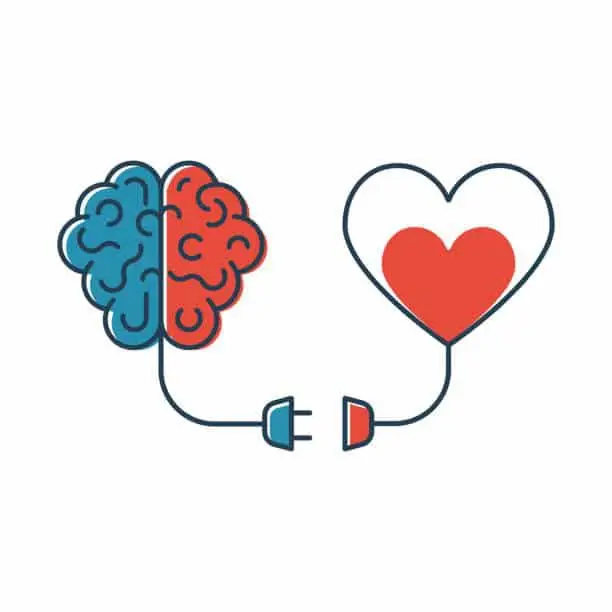Hormonal contraception is one of the most widely prescribed drugs for women but concurrently exposes them to the risks of depression, stroke, blood clots, heart attacks, breast cancer, cervical cancer, liver cancer, infertility, sexual malaise, discomfort, and the demineralization of bones. The World Health Organization classifies oral hormonal contraceptives as a Group 1 carcinogen along with asbestos and smoking.
Possible short-term effects of birth control include bleeding between periods and spotting, especially if they forget to take their oral contraceptives or take them at the wrong time. In addition, women may experience headaches, nausea, breast tenderness, weight gain, acute pains in the body and mood swings.
The American Cancer Society(ACS) says that people who have taken birth control pills are slightly more likely to develop breast cancer than those who have never used them. However, this risk goes away when people have been off the pill for 10 or more years. The ACS also reports that taking birth control for more than 5 years may increase the risk of cervical cancer. The longer people take the pill, the higher their risk.
Women who have a family history of blood clots or who have had blood clots in the past need to be especially careful.
People who have migraines with visual symptoms, or aura, may also have an increased risk of blood clots and stroke when taking pills that contain estrogen.
Placebo pills are provided after one or two cycles of hormone pills. The absence of hormones causes the endometrium to shed and a woman experiences withdrawal bleeding giving her a false sense of natural menstruation. Because there is a marginal influence of low but constant estrogen, the endometrium will proliferate slightly but ovulation will not occur. In actuality, the slight and brief bleeding is caused by the thinning of the endometrium and is not true menstruation.
Hormonal contraception is frequently prescribed to young women for various hormone related conditions like painful or heavy periods, irregular cycles, acne and depression. The artificial hormones may seem to reduce the symptoms of the hormonal imbalances but they do not address the root cause of the hormonal imbalance. Not only is the root problem not addressed, but the artificial hormones produce a state of constant an ovulation.
Many gynecologists still concentrate on regularizing the bleeding patterns or symptoms through pharmacological without understanding the underlying hormonal environment so this puts a Band-Aid on the symptoms and masks the underlying cause of their hormonal imbalances.
At True Choice Medical Clinics, we provide fertility education for our patients so that theycan understand the biology of their body and understand the roles that hormones play across the reproductive continuum.
Our medical providers are trained in evidence-based fertility education that help women understand the relationship between their hormone values and the biological response to their hormones, including the frequency and degree of uterine bleeding.
Through fertility education, a woman can understand her reproductive continuum and the progression of sufficient estrogen production from childhood, puberty and adulthood. The woman can appreciate having an understanding of gradual regularization of her hormones and the gradual maturation of the ovulatory process.
Fertility education empowers women to take control of their reproductive health without relying on the artificial support of oral contraceptives decreasing the risks of short and long-term consequences and will help them better manage the real underlying issues.
To schedule a no-cost consultation, please contact us at: (858) 397-1970, text: (858)822-9335 or email: [email protected].





